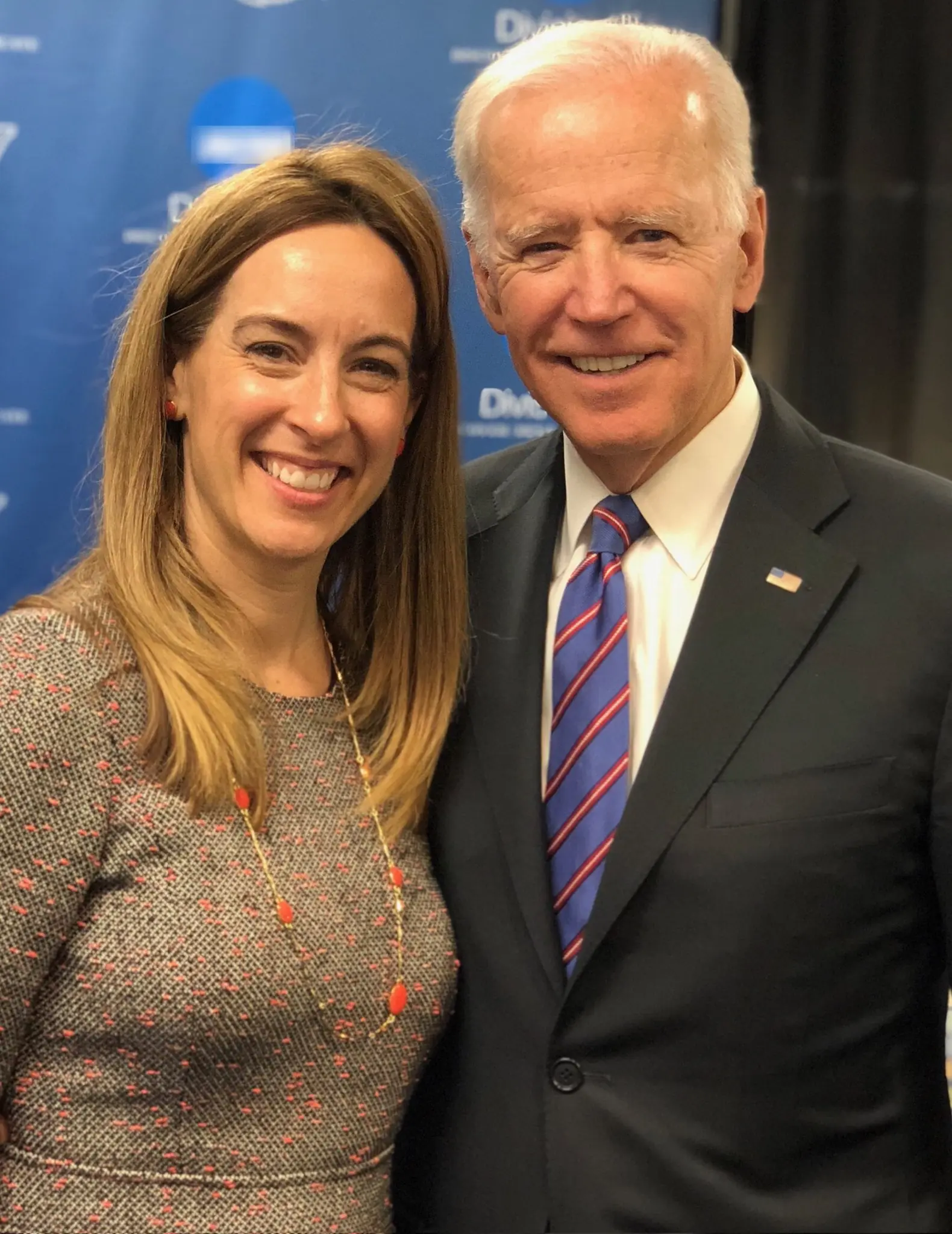Washington, DC – Empty office buildings across New Jersey could soon be turned into housing complexes under a federal bill introduced by Rep. Mikie Sherrill—raising concerns about overdevelopment in the most densely populated state in the country.
Sherrill’s new legislation, the INCREASE Housing Affordability Act, proposes using federal tax credits to convert commercial properties into residential units, aiming to address the state’s housing affordability crisis. But as the plan kicks off her broader “Lowering Costs for New Jersey Families Agenda,” some fear it could accelerate unchecked development in already overburdened towns and cities.
New Jersey, which leads the nation in population density, has long struggled with limited land, strained infrastructure, and local resistance to large-scale development. Sherrill’s bill calls for bringing federal funds into local communities to push commercial-to-residential conversions—raising alarms among critics who say it could invite waves of new construction without enough oversight.

The bill is also in line with Sherrill’s support for the Mount Laurel Doctrine, an affordable housing mandate that is forcing many small communities to be transformed into small cities.
The legislation would also offer government funded technical support to help municipalities identify sites for transformation, potentially fast-tracking redevelopment of older strip malls, vacant office parks, and business centers that emptied out post-pandemic.
Instead of attracting new businesses, Sherrill sees the opporunity to house the state’s hundreds of thousands of illegal migrants, many living two, three, four and more familes per residential unit across the state.
While the bill encourages affordability and union labor, it opens the door to broad repurposing of commercial zones in a state already running short on space.
Labor unions, housing nonprofits, and industry groups have voiced support, citing New Jersey’s need for affordable options. But in many local communities, debates continue to rage over traffic congestion, school crowding, and disappearing open space. Officials in several municipalities have quietly expressed concern that federal incentives may undercut local planning and zoning authority.
Across the state, school districts are being hit financially with overcrowding and unfunded state mandates, that are forcing many districts to close schools, fire teachers, and cut non-essential educational and extracurricular programs.
Sherrill framed the bill as a way to house working families, seniors, and young adults stuck in a tightening market. But opponents argue it could shift the balance of residential growth in a way that leaves longtime residents with more density and less control.
New Jersey continues to struggle to find housing for hundreds of thousands of illegal migrants who entered the country during the Biden administration.
